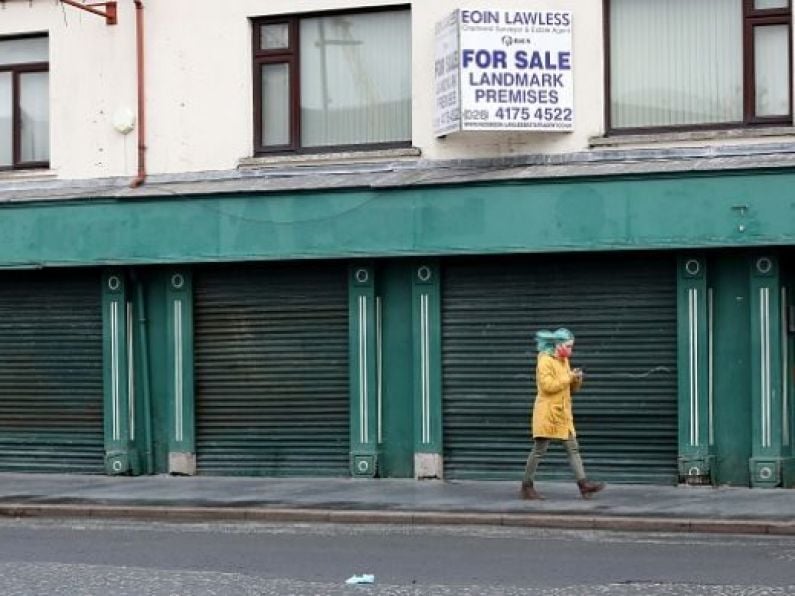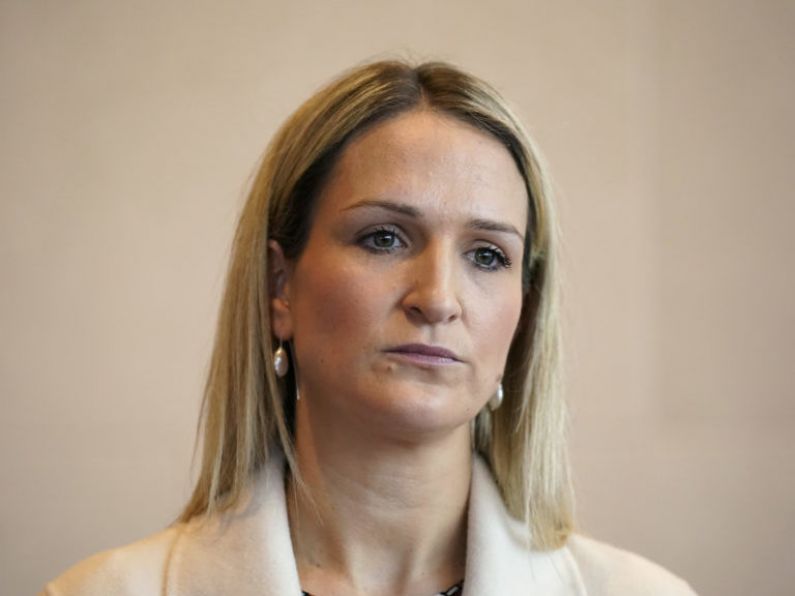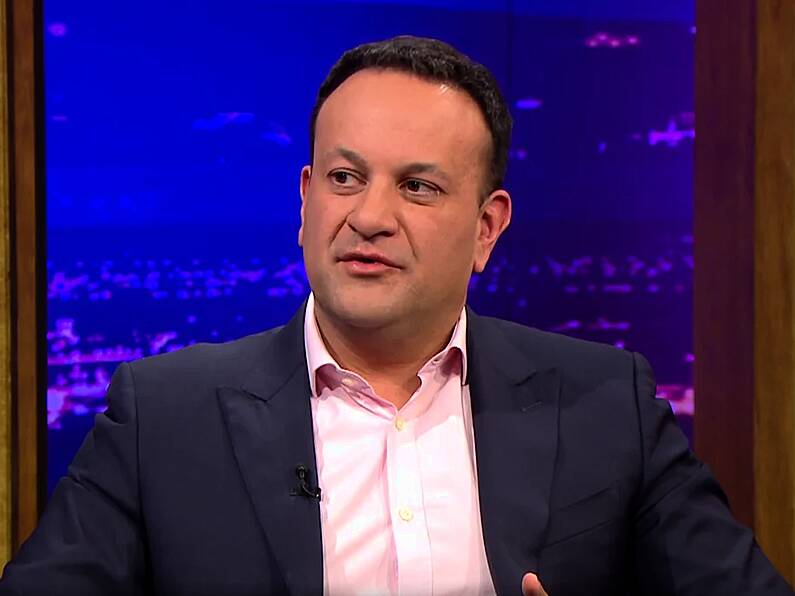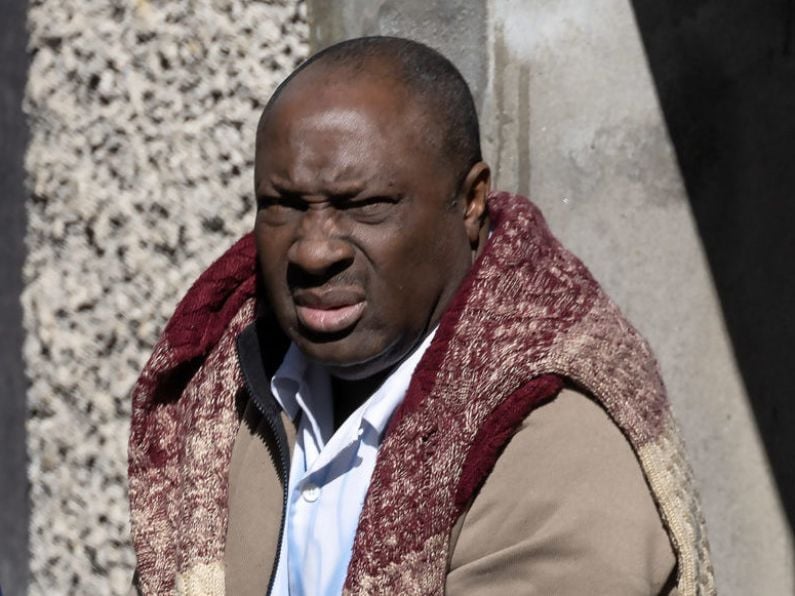Brexit will slow the growth of the Irish economy but it will not cause a recession, the Tánaiste has said.
Leo Varadkar, who is also Minister for Enterprise, Trade and Employment, said the UK’s leaving of the EU would mean the economy would grow at two to three per cent less than it would have over the next 10 years.
Mr Varadkar acknowledged there could be delays at ports, and the departure of the UK on January 1st would mean businesses would have to be prepared for “red tape.”
“There will be some disruption, but four years ago we were worried about a hard border and tariffs. This is a much softer Brexit than we feared four years ago,” he said.
There were supports in place for various sectors with an announcement due on Monday of €110 million to assist the food sector through Enterprise Ireland, the Minister said.
There was also the €5 billion EU Brexit adjustment fund which would assist the Irish fisheries sector, he added.
Mr Varadkar was speaking ahead of a Cabinet meeting to discuss the new trade deal struck between EU and UK negotiators on Christmas Eve.
The meeting was due to be held tomorrow but has been brought forward, with Covid-related issues also likely to be on the agenda.
Separately, EU ambassadors unanimously gave the trade deal a “green light” this morning following a meeting.
The provisional approval means the agreement, which allows for Britain to continue tariff-free trade with the EU single market, will come into operation on January 1st.
The trade agreement needs the approval of the both the European Parliament and the EU's 27 member states before it is formally ratified.
EU heads of government will give their approval in writing tomorrow, while members of the British Parliament will vote on Wednesday.
Green Party MEP Grace O'Sullivan says MEPs must be given enough time to scrutinise the trade agreement before voting on it.
"We as parliamentarians need time to scrutinize the deal and to make sure that if there are any areas of perceived weakness or areas of contention, that we have the opportunity to raise those so that if a deal precedes, our eyes are wide open."






